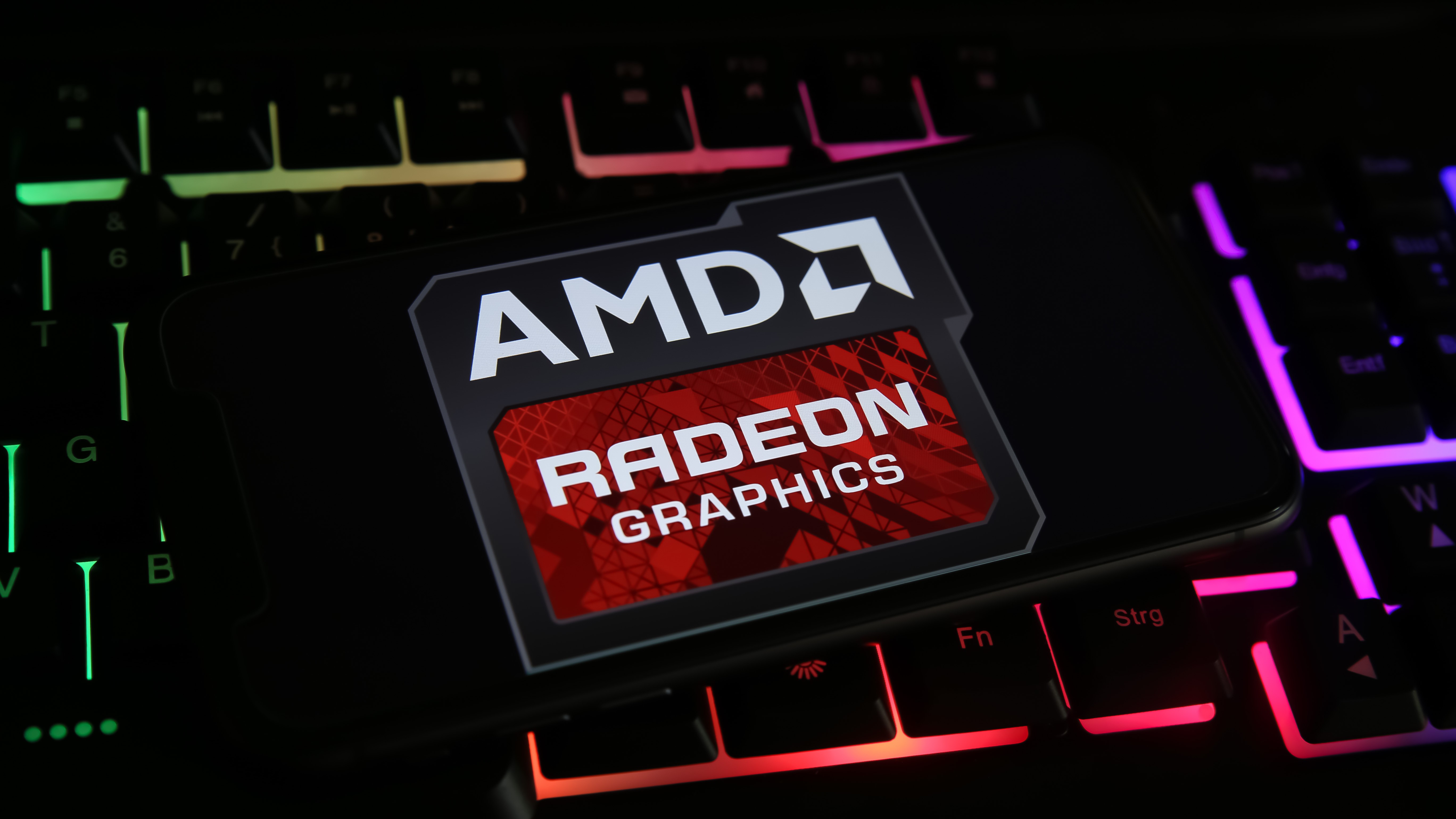AMD plans to harness the power of AI to transform gaming with its next-gen GPUs
Team Red continues to backpedal on AI

Sign up for breaking news, reviews, opinion, top tech deals, and more.
You are now subscribed
Your newsletter sign-up was successful
AMD executives David Wang and Rick Bergman have confirmed that we’ll be seeing a lot more AI in the next generation of graphics cards from the tech giant, which will be built on AMD’s RDNA 4 architecture.
In a recent interview with the Japanese gaming website 4gamer, the AMD execs detailed some of what we can expect from RDNA 4. Naturally, front and center was confirmation that we’ll be seeing the second iteration of Team Red’s AI Accelerator cores (similar to Nvidia’s Tensor cores), which were first introduced in the current-gen RDNA 3 GPUs - such as the excellent Radeon RX 7900 XTX, currently the best AMD graphics card on the market.
Nvidia’s tech is still lightyears ahead of AMD when it comes to AI processes - just look at the RTX 4090 - but these second-gen AI cores should offer a serious step up. Beyond the Accelerator cores, the pair also discussed some other nifty new features, most importantly a new self-contained GPU pipeline that allows for rendering and texture processes to be generated exclusively on the GPU without needing to communicate with the CPU.
This has massive potential to boost the processing speed of RDNA 4 GPUs, since it won’t need to rely on the CPU and system RAM to carry out some of its workloads, effectively cutting out two potential system bottlenecks. According to Wang and Bergman, we can expect a massive 2.2x performance boost over the current RDNA 3 cards.
Analysis: AMD is now fully aboard the AI bandwagon
Perhaps even more interestingly, Wang was keen to discuss the implementation of AI within the gaming space. In the 4gamer interview, he espoused that AI hardware shouldn’t just be used purely for improving the graphical aspect of games, positing that inferences cores on the GPU could actually be used to improve the gameplay experience itself.
This has some potentially frightening implications - imagine playing a shooter where the enemies are actually powered by a deep-learning AI housed in your PC, which genuinely reacts, learns, and adapts to your actions. It does sound just the teensiest bit dystopian to imagine an in-game boss battle against ChatGPT.
Still, on a slightly less terrifying level, it’s interesting to consider the uses AI cores could have for things like NPC pathfinding in games. Every gamer has, at some point, complained about game characters walking too slowly or getting stuck on a doorframe due to wonky pathfinding - Wang believes AI cores have the potential to solve a lot of immersion-breaking issues such as this.
Sign up for breaking news, reviews, opinion, top tech deals, and more.
It’s somewhat amusing to see AMD commit so strongly to AI now, since Team Red basically mocked Nvidia last year for relying too heavily on AI tech in its RTX GPUs and DLSS. In its defense, AMD did prove that upscaling tech such as DLSS can be achieved without the use of AI, as seen in the Radeon FidelityFX Super Resolution (FSR) software. It sounds like AMD’s higher-ups have become AI converts, but they have different - and intriguing - ideas about how it should be employed compared to Nvidia’s plans. We can’t blame them for wanting to go in a different direction; Nvidia has been in a lot of hot water recently.
While we don’t know exactly when RDNA 4 will land, AMD’s 2-year cadence when it comes to GPU launches means that we can most likely expect them sometime in late 2024. Bergman assured 4gamer that the new cards will be released in the near future, though ‘near’ might be a stretch here.

Christian is TechRadar’s UK-based Computing Editor. He came to us from Maximum PC magazine, where he fell in love with computer hardware and building PCs. He was a regular fixture amongst our freelance review team before making the jump to TechRadar, and can usually be found drooling over the latest high-end graphics card or gaming laptop before looking at his bank account balance and crying.
Christian is a keen campaigner for LGBTQ+ rights and the owner of a charming rescue dog named Lucy, having adopted her after he beat cancer in 2021. She keeps him fit and healthy through a combination of face-licking and long walks, and only occasionally barks at him to demand treats when he’s trying to work from home.